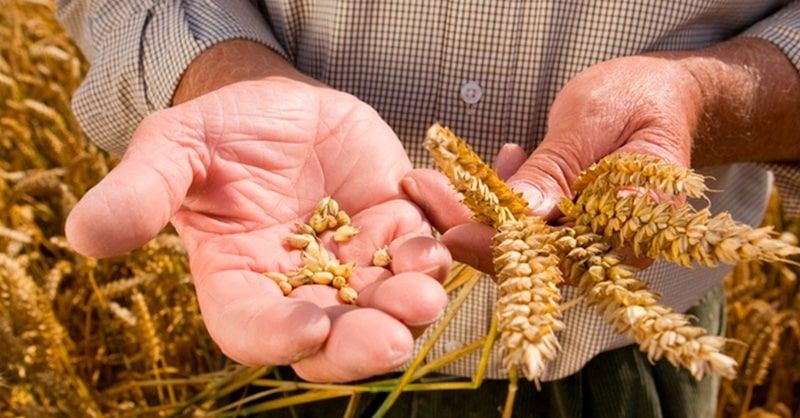The Mexican federal government affirmed that it grants authorizations for the use of glyphosate, a crop herbicide.
At a recent World Trade Organization (WTO) meeting held last August in Geneva, the US delegate expressed continued concern about the quantitative restrictions Mexico has implemented on glyphosate.
Use of glyphosate
The US representative to the WTO noted that this was the ninth time he had raised the issue without receiving a response. He expressed concern that Mexico established a glyphosate import quota without allowing public comment, notifying the WTO, or presenting scientific evidence.
“We continue to seek transparency in the determination and administration of quotas,” said the US delegate. He also questioned how Mexico justifies these measures under its GATT obligations. For its part, Canada reiterated its concerns on several occasions.
At the same meeting, Mexico reported that, following the repeal of the 2020 Decree and the 2023 provisions on the phasing out of glyphosate, the authorities continue to grant authorizations. The use of the herbicide is permitted as long as it complies with health and environmental regulations, in accordance with the Regulations for the Registration, Import, and Export of Pesticides, Plant Nutrients, and Toxic or Hazardous Substances.
Herbicide ban
Glyphosate is a broad-spectrum, efficient, and economical herbicide that reduces tillage and controls weeds. However, it can affect health and the environment and faces legal restrictions in several countries.
The European Union requires that the approval of active substances in pesticides be renewed periodically. In 2023, it reapproved glyphosate as an active substance until December 2033. Following this approval, member states control formulated products containing the herbicide. Some countries, such as Austria, Belgium, France, Germany, Italy, Luxembourg, and the Netherlands, maintain partial or total bans.
These restrictions affect use within each country but do not change the Maximum Residue Limits (MRLs) for glyphosate, which are determined at the European Union level. Glyphosate remains a key input in plant protection products regulated and monitored under strict safety and environmental standards.

